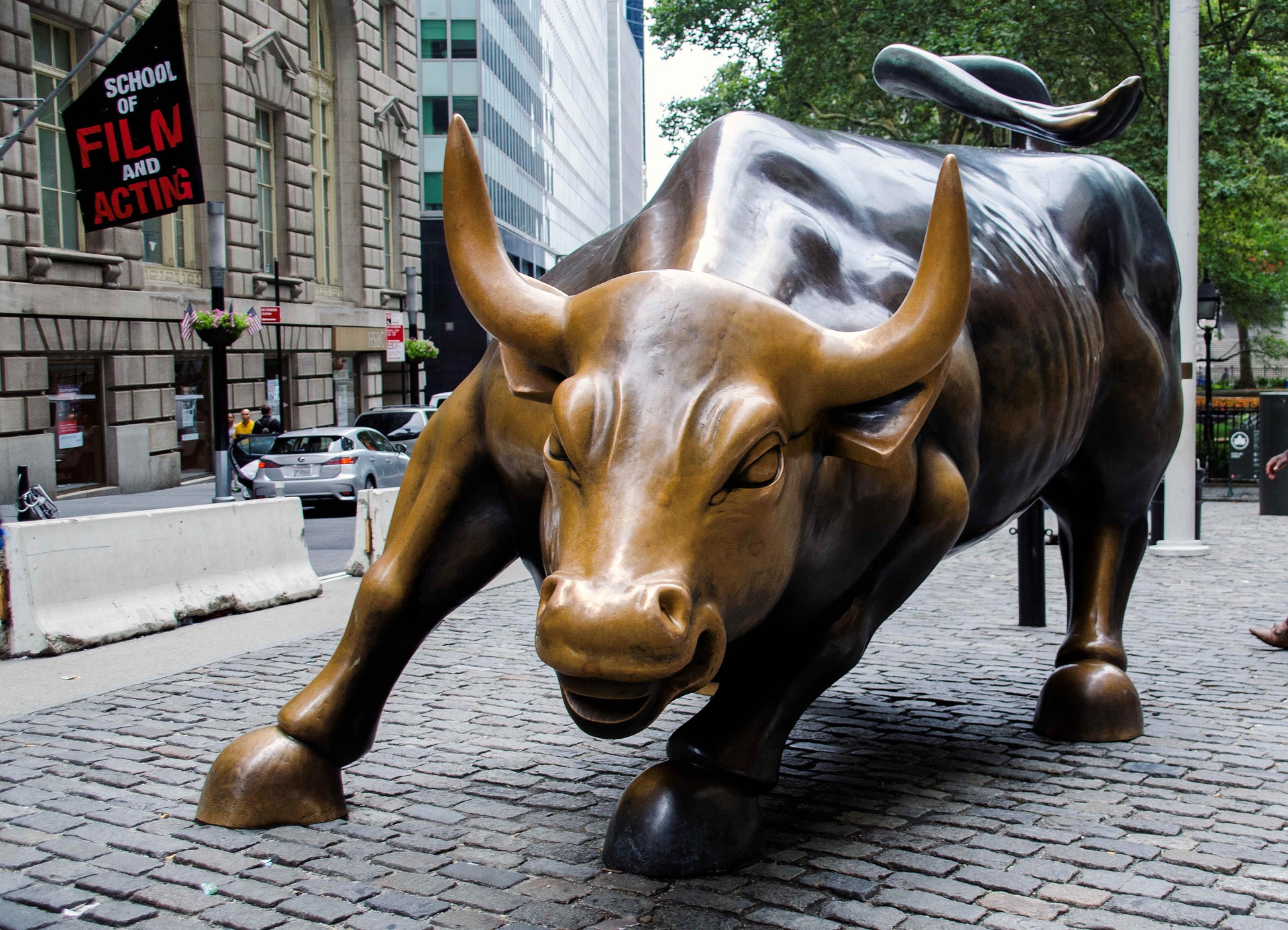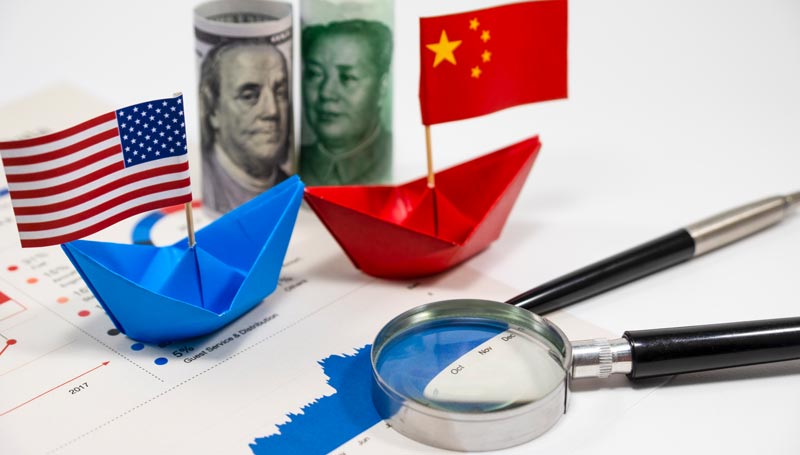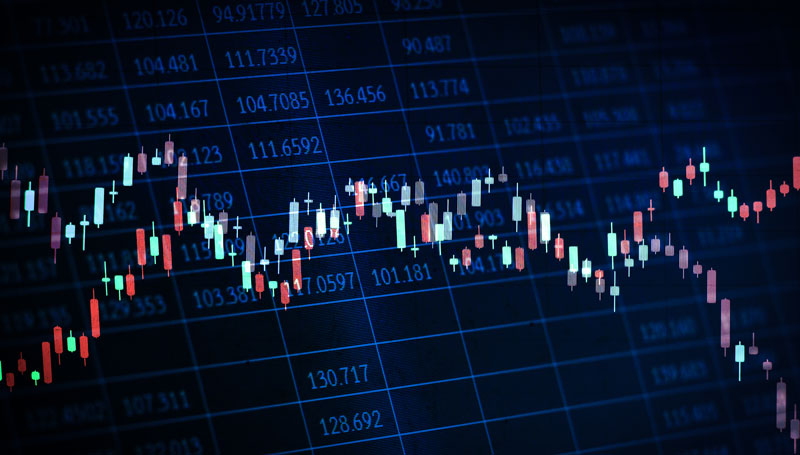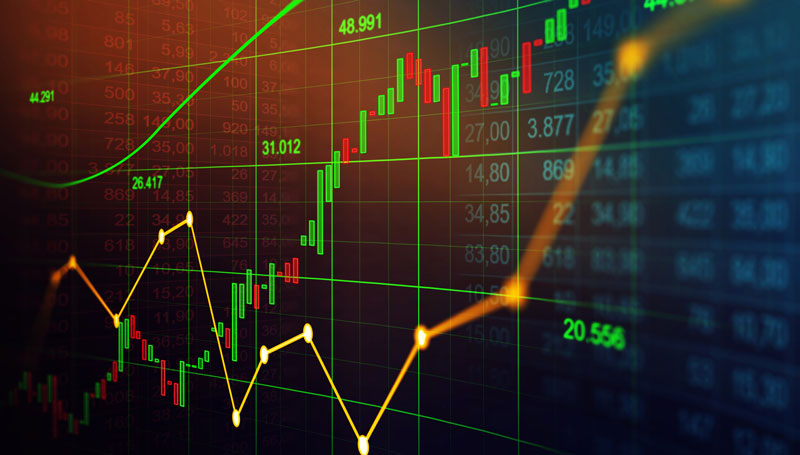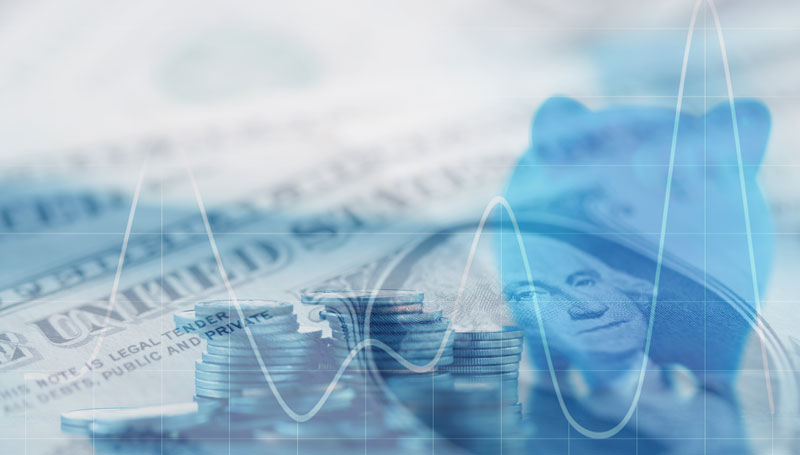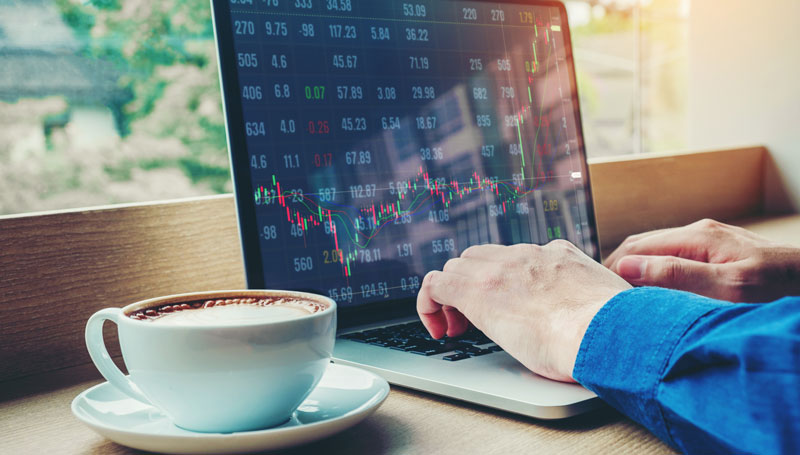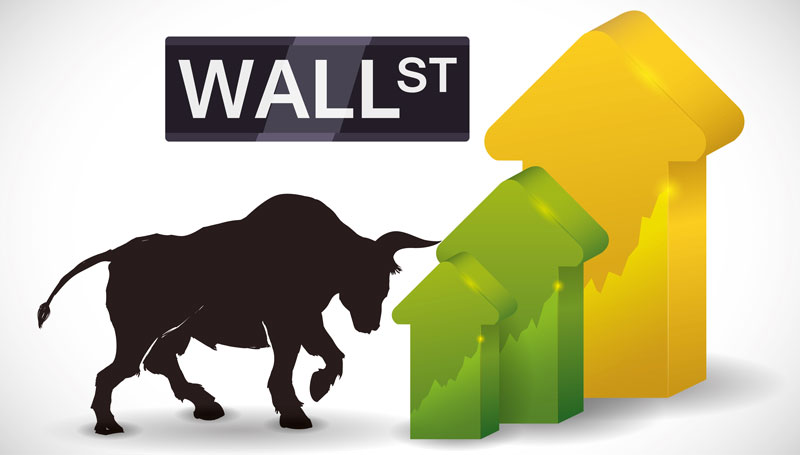

02.07.2019 – Daily report. First pause and take yesterday’s profits. After the strong gain at the beginning of the week, the DAX slowed down by Tuesday midday. On the one hand, an agreement in the customs dispute between China and the USA still seems a long way off. In addition, Washington is now threatening the European Union with special tariffs.
Setbacks in Frankfurt
Rest after the summit storm: The DAX fell by 0.1 percent to 12,505 points by noon on Tuesday. On Monday, the indicator jumped to 12,619 points, the highest level since August 2018. Although it subsequently receded, the DAX has torn a gap in the chart – which is normally closed at some point.
Stock market participants referred as explanation to news from the USA: The administration of president Donald Trump threatens the European Union because of forbidden airplane subsidies with new special duties on EU goods in the value of four billion US dollars. In addition, profit taking was announced on the stock exchange.
Wait and see in Asia
Investors in Asia also held back on new commitments. The Nikkei 225 closed Tuesday with a minimal gain of 0.1 percent at 21,754 points. The Chinese CSI-300 left almost unchanged at 3,937 points.
New record in the S&P 500
Wall Street’s specifications had been positive the night before. No wonder, since China and the USA had announced a truce at the G20 summit in Osaka. However, the New York indices lost some of their profits. The Dow Jones closed Monday 0.4 percent higher at 26,717 points. The Dow is currently trading just under 1 percent below its all-time high of last October. The S&P 500 rose by 0.8 percent to 2,964 points. In the course of trading, it marked the highest level in its history with just under 2978 points. And the Nasdaq Composite rose by 1.1 percent to 8,091 points.
Oil under the spell of OPEC
The theme of the day was OPEC. The cartel and its allies will probably officially approve an extension of the production cut. If you read these lines, perhaps the fact has already been announced. OPEC+ agreed yesterday in Vienna to extend the existing production limits by nine months, according to Venezuelan Oil Minister Manuel Salvador Quevedo Fernandez. Now ten cooperating states have to commit themselves to this strategy. However, the leading states Saudi Arabia and Russia had already reached an agreement on this matter at the weekend of the G20 summit. Oil prices are likely to rise as a result, as demand could also rise as a result of a settlement of the Chinese-American customs dispute.
Bitcoin capers
At Bitcoin, the price slide continued and the artificial currency fell to 8,580 dollars. Last week there was an annual high of 13,880 dollars. By the end of 2017, the Bitcoin had even cost almost 20,000 dollars.
This is what the day brings
No new stimulus from the economic calendar is expected today, Tuesday. For CFD traders in the energy market it will be exciting at 10:30pm when the weekly crude oil inventory data of the American Petroleum Institute will run over the ticker.
The Bernstein Bank wishes successful trades!
Important Notes on This Publication:
The content of this publication is for general information purposes only. In this context, it is neither an individual investment recommendation or advice nor an offer to purchase or sell securities or other financial products. The content in question and all the information contained therein do not in any way replace individual investor- or investment-oriented advice. No reliable forecast or indication for the future is possible with respect to any presentation or information on the present or past performance of the relevant underlying assets. All information and data presented in this publication are based on reliable sources. However, Bernstein Bank does not guarantee that the information and data contained in this publication is up-to-date, correct and complete. Securities traded on the financial markets are subject to price fluctuations. A contract for difference (CFD) is also a financial instrument with leverage effect. Against this backdrop, CFD trading involves a high risk up to the point of total loss and may not be suitable for all investors. Therefore, make sure that you have fully understood all the correlating risks. If necessary, ask for independent advice.

